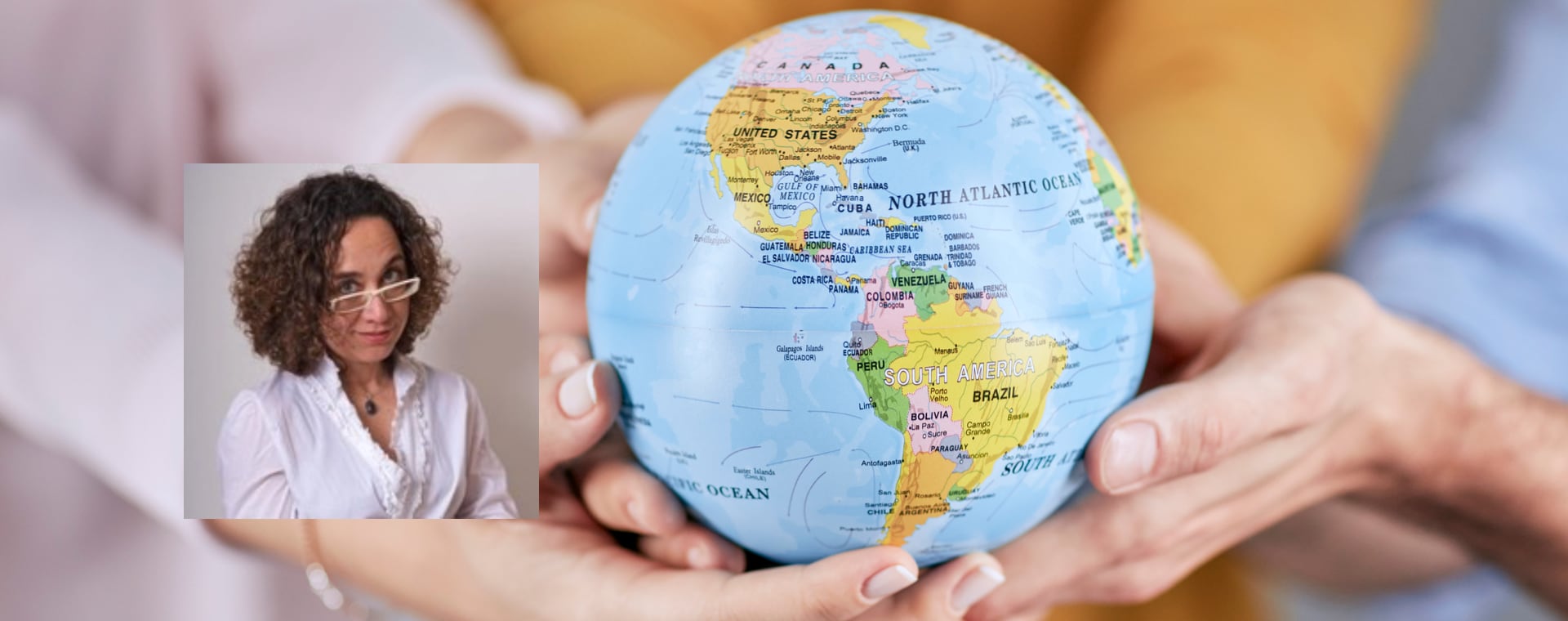I had the pleasure of interviewing Maica Trinidad, who is an anthropologist by training and an Agilist by vocation.
Her training in Social Sciences has allowed her to see business and Agility from a different and enriching perspective. Maica has been supporting companies that seek to transform towards Agility for more than a decade. In addition to being a consultant, she is a frequent speaker at Agile conferences in her native Spain.
Maica began by saying that systems exist within each other, so people could be seen as systems that interact within larger systems that are companies. Therefore, a systemic vision is something that should not be lacking in the daily life of a change agent.
Systemics is a way of looking at the world that fits the way organizations see their projects. The Theory of Complexity is another theoretical piece that contributes to understanding organizations. The Industrial Revolution contributed to the separation of systems into smaller pieces with over-specialized people in trades; this over-specialization can backfire, according to Maica.
At the knowledge level, excessive specialization also has an impact because it prevents us from seeing the overall context. Systems thinking that considers complexity, in the end, ends up being beneficial for understanding the dynamics of companies, she said.
According to Maica, anthropology is a systemic science that seeks to understand phenomena of organizational breadth, while organizational psychology aims more to study individual phenomena. For her, the complexity of an organization comes from the interaction dynamics of the people who comprise it. Focusing on people can obscure the dynamics and patterns that depend not on people but on the global system.
An individual phenomenon that is repeated several times can indicate a pattern that responds to internal system dynamics. Denial is a cultural strategy of reaction to a situation that produces tension in a system. Maica noted that psychologists focus on individual phenomena, and anthropologists look rather for patterns in order to understand and initiate change from there.
She said that personalities catalyze social phenomena and therefore it is possible that individuals can change a system — and the system, as it changes, will influence the behavior of the other individuals who collaborate in it. She used the metaphor of having the earth prepared to receive the seed of Agility; that is, to have a system that is open to Agility.
Maica mentioned the “culture clamp” that includes the materialistic and idealistic currents of anthropology. The materialistic current includes processes — by endowing these processes, it becomes possible to change individual behavior. The correct processes will lead to correct results, and therefore within companies, the good or bad results should not be attributed to individual people.
She said that humans are social beings who, for the most part, are willing to collaborate in teams and companies provided that conditions and processes are adequate. In addition to providing the correct processes, Maica suggests generating ideas, narratives, and visions of where a company is going with change.
Maica shared a final recommendation: if you work with people you should start reading about social sciences to better understand others and the system. If we look only at the individual level, we can lose sight of the entire company, and this may be a high price to pay.


![[Case Study] Lessons from descaling 25 Scrum teams](https://www.agilealliance.org/wp-content/uploads/2024/12/descaling-teams-1200x630-1-150x150.jpg)



![[Case Study] Lessons from descaling 25 Scrum teams](https://www.agilealliance.org/wp-content/uploads/2024/12/descaling-teams-1200x630-1-300x158.jpg)


